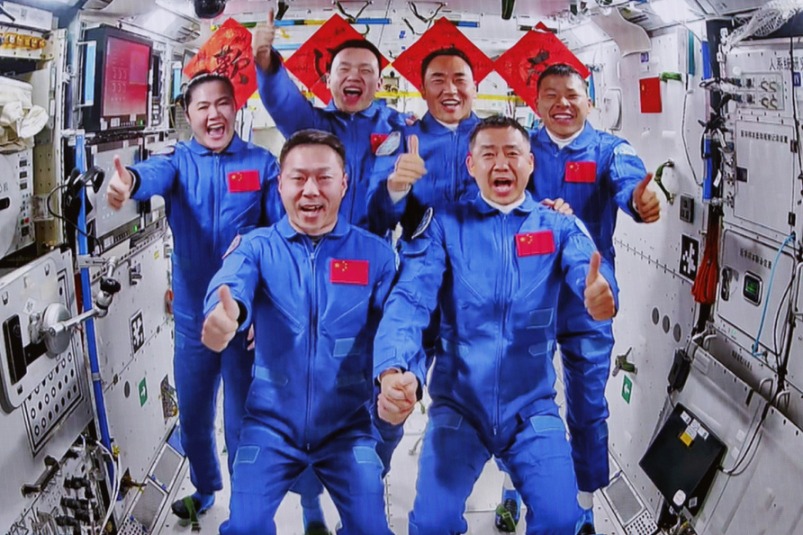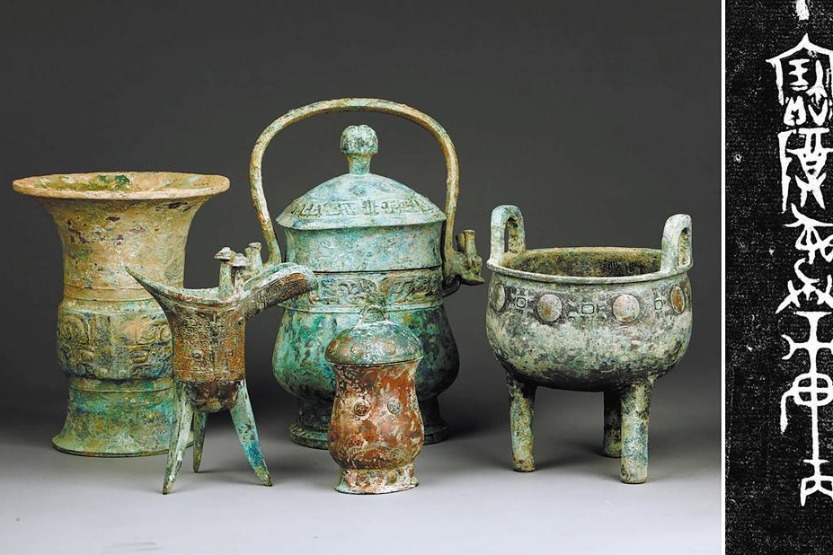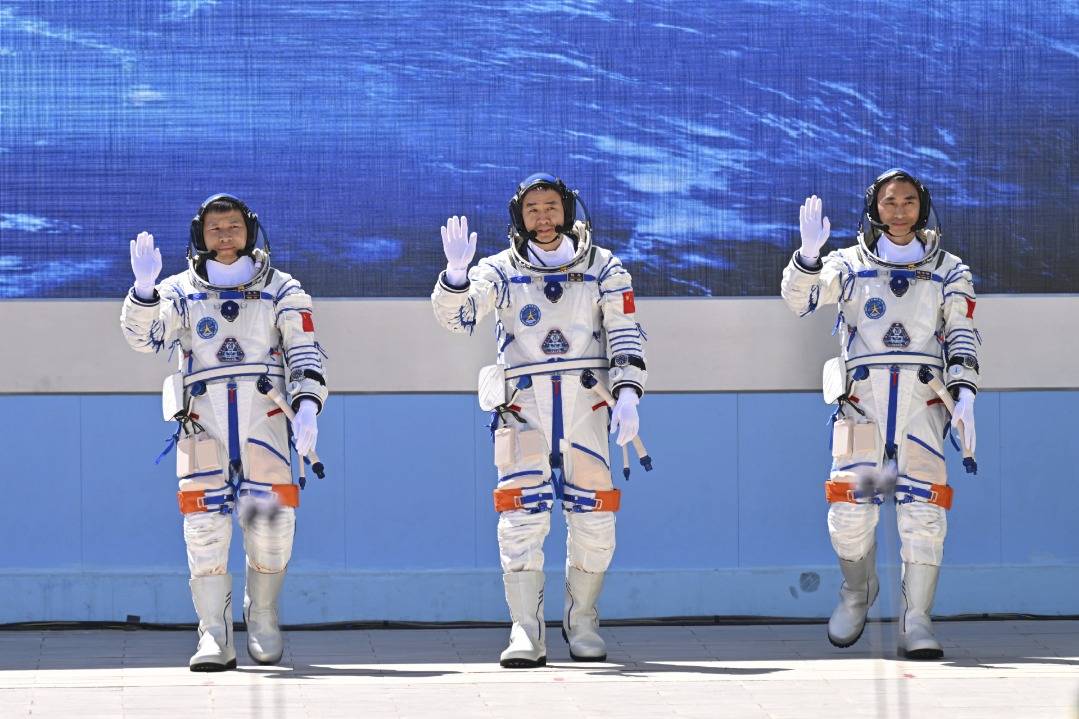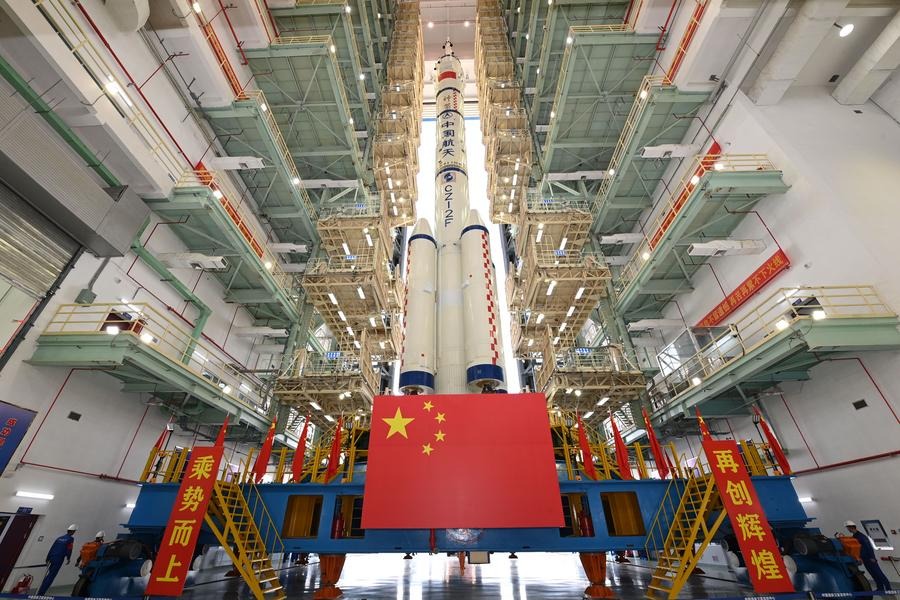Pandemic has highlighted global interconnectedness
By David Gosset | China Daily Global | Updated: 2020-03-16 09:01
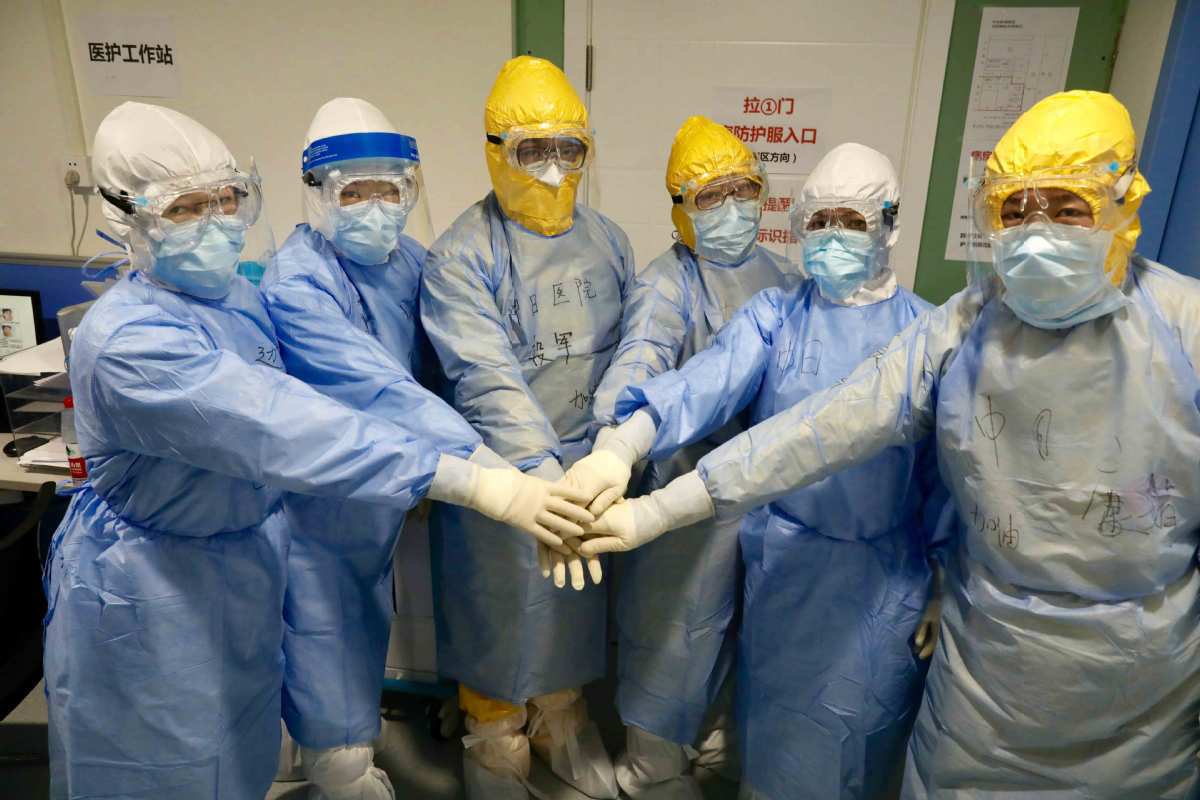
With the visit of President Xi Jinping to Wuhan and his declaration that the spread of the novel coronavirus has basically been curbed in Hubei, there is a sentiment of relief combined with an imperative of vigilance that dominates.
However, at this moment, beyond the release of considerable anxiety, the taste of victory can be sensed across China. It is a victory for the medical staff, those whom the media are now calling the soldiers in white; a victory for the workers who built temporary hospitals at record speed working around the clock; a victory for the volunteers who answered a call to serve their compatriots; a victory for the People's Liberation Army; and, more generally, a victory for an entire nation.
Of course, the loss of lives is tragic, and economic activity has been badly hurt. But the people have showed their ability to move as one to defeat an unpredictable and mutating virus.
They have demonstrated that when confronted with a serious peril, 1.4 billion people can stand as one Great Wall to stop the surreptitious attacks of an enemy.
It is in fact the same spirit of cohesiveness that links the legendary Xi'an Terracotta Warriors with the brave people of Wuhan.
Weeks ago, some commentators reenacted the play of the coming collapse of China. But the country affirmed indeed that this crisis, no matter its intensity, would not fundamentally affect the Chinese renaissance.
If one wishes to formulate an accurate assessment of China, one should never lose sight of the extraordinary resilience of the Chinese people, a resilience that has grown with the passage of over two millennia of shared collective memory.
But let us put aside the millennia and recall more modestly the past two decades. It was with great strength that China faced the severe acute respiratory syndrome epidemic in 2003. The country also had to cope with the global financial crisis in 2008, and with the Wenchuan earthquake, which killed more than 100,000 people three months before the Beijing Olympics.
China displays more than mere resilience. To use the terminology coined by Nassim Nicholas Taleb, an essayist and scholar, the Chinese system is not only resilient, but also anti-fragile. Able to absorb internal or external shocks thanks to its resilience, the country is also able to learn from them.
In that sense, it could be argued that China will make significant advancement, not despite this crisis, but thanks to the appropriate reaction to it. It will learn to better manage the very first signs of an emerging epidemic.
More attention will be paid to the construction of a modern healthcare ecosystem with a focus on technological support. Lastly, China will reinforce its capacity to deal with major crises both internally and in relation to the rest of the world.
The second major lesson of this sequence will have been noted by the world. The challenges that China faces can't stay local, for the world's second-largest economy is in itself one of the key nerve centers of the global system of exchanges.
As much as China could not isolate itself from the financial crisis that originated on Wall Street 12 years ago, the world could not stay unaffected by what happened first within Chinese borders. The 2020 pandemic is another illustration of our global interconnectedness.
That introduces a final lesson. In a globalized and highly interdependent world, the chance to solve major issues increases with the effectiveness of multilateral cooperation. From the very beginning of the epidemic, the World Health Organization has played a key role in organizing the battle against the virus across continents.
When the international community declares victory against the new coronavirus, it will certainly be a win for the nations that compose it, but also the triumph of multilateralism and of the spirit of transnational solidarity that it embodies.
The author is a Sinologist and founder of the Europe-China Forum. The views do not necessarily reflect those of China Daily.







